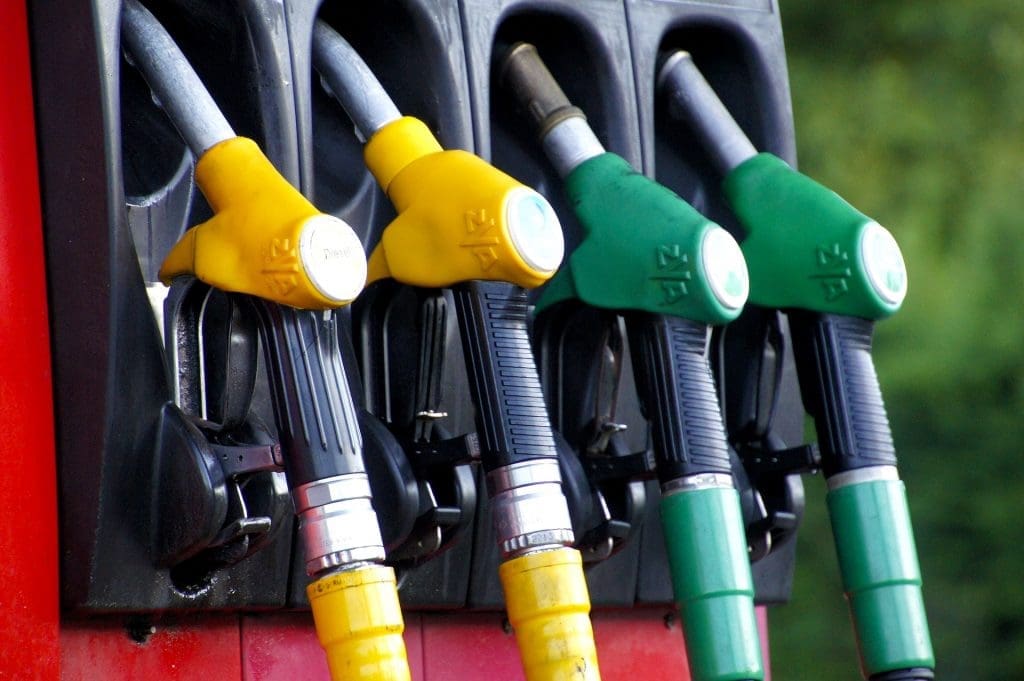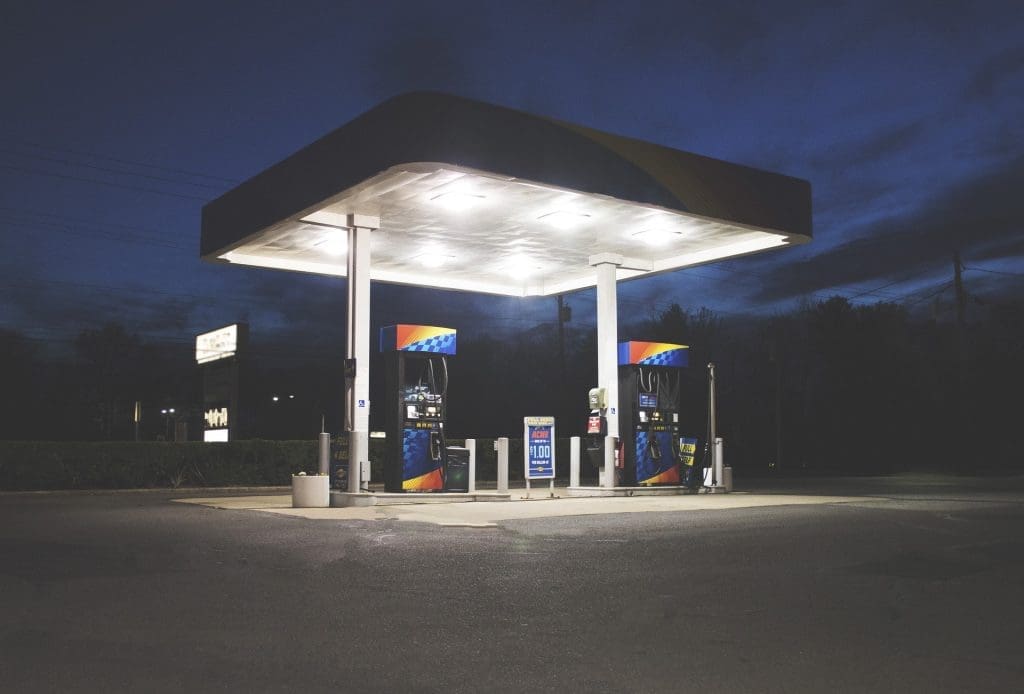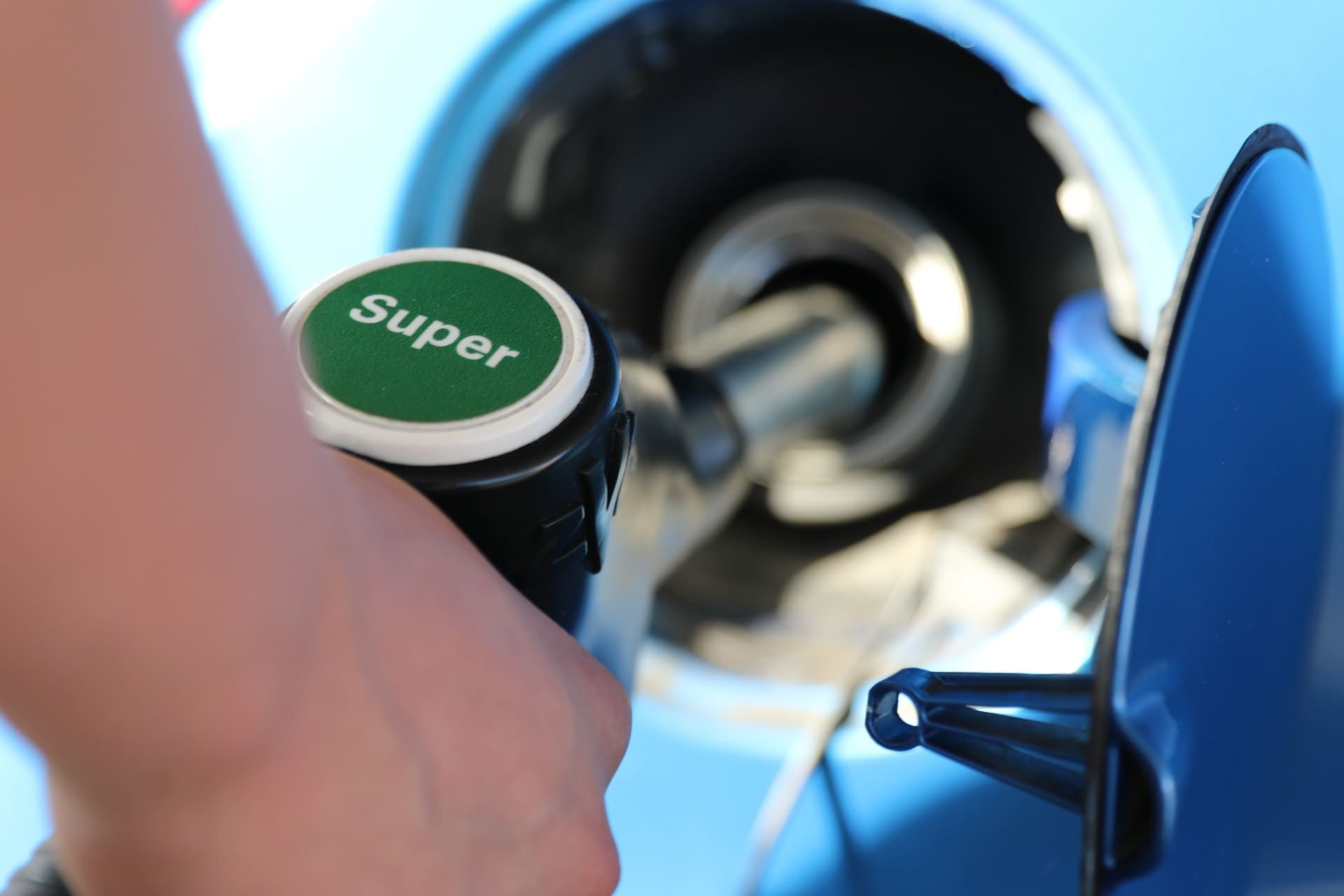Most car owners get all kinds of different answers when it comes to choosing regular unleaded gas or premium gas. This seesaw debate among industry players has been dismissed by some as the equivalent of watering a tree in rain; it’s pointless. There is no difference between regular and premium gas to them.
Then there are those who say their cars run better on premium gas because of the many benefits, like fuel economy and engine performance; its higher price is justifiable. Some claim that “difference” is a marketing gimmick to get you to pay more for your fuel.
With all this kind of information, it’s difficult to know which fuel to use. Read on as regular unleaded and premium gas options are deciphered.

Unleaded Gas
Unleaded gas is literally gas without any lead in it. As common a term as it may be, this was not always the case. Tetraethyl lead was introduced into gasoline in the 1920’s, primarily to reduce engine knock and improve fuel octane levels and efficiency. Back then, gas was just gas with no additives. However, it was soon found that lead was a pollutant and neurotoxin that damaged emission control equipment.
Unleaded fuel was introduced in the 70’s after leaded fuel was banned in the USA in 1996. Older cars that ran on leaded fuel have since been modified by most owners.
Definitions
Regular Unleaded Gas (RUG)
This is the most common type of gas used around the world. It’s a by-product of crude oil that is highly flammable, with an octane rating of 87.
Premium Gas
This is often referred to as “high octane” because it has a 90 or higher octane rating. It’s an unleaded, crude oil by-product with detergent additives and less polluting characteristics.
Differences between RUG and Premium Gas
Octane Rating
Octane rating refers to the ability of fuel to withstand improper combustion in an engine. Normal internal combustion engines work by compressing an air and fuel mixture that is ignited to create a controlled explosion. If the mixture ignites before it should, it leads to pre-ignition, which is commonly referred to as “knocking.” This occurrence can reduce performance and destroy some engine parts.

Premium gas can withstand pre-ignition better when compared to RUG, hence, a higher octane rating to signify this capability.
Price
Actual prices differ depending on location. However, premium gas is arguably more expensive with a range of 20+ cents more per gallon. For a person who frequently uses their car, this can be up to hundreds of money in a year.
Suitability
Regular gas burns faster and is suitable for low compression engines or low performance cars that do not require a lot of power. Premium gas burns slowly and is recommended in high compression engines found in high performance cars.
Finding the Right Fuel

Car Manual
Car manuals often indicated the recommended fuel by the manufacturer, although, it does not mean exclusive use, unless stated.
Testing
Drive the car with both kinds of fuel. Just make sure you exhaust one before refilling with the other.
Other Tips
There are instances when it is advisable to use premium fuel, like in rough terrain or when transporting heavy cargo. Find out more on these instances, as well as fuel saving tips and accessories.
While premium fuel can be beneficial, its major difference with RUG is in octane rating, pricing, and engine suitability.